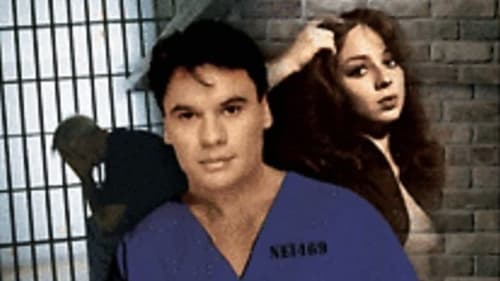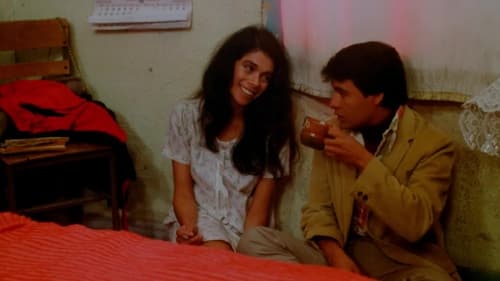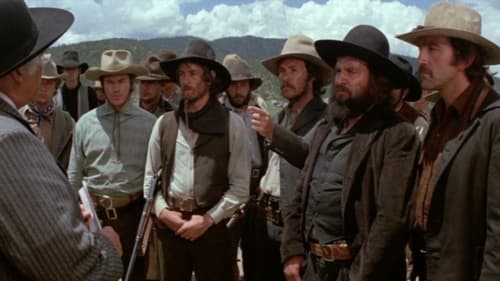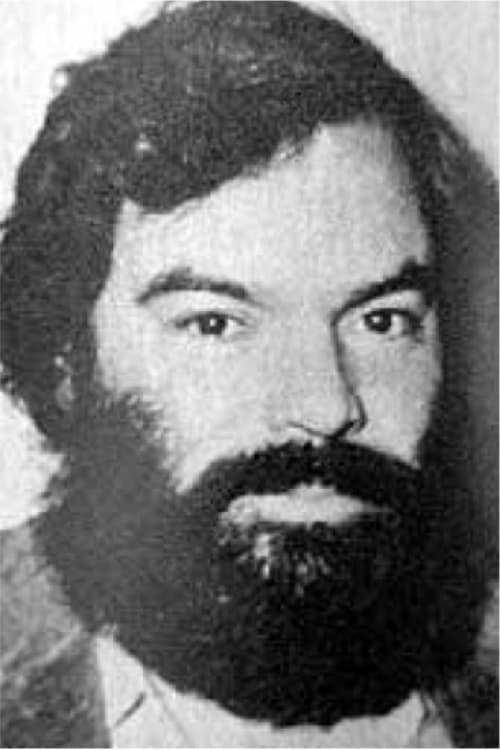Gonzalo Martínez Ortega
Nascimento : 1934-04-27, Camargo, Chihuahua, Mexico
Morte : 1998-06-02
História
Gonzalo Martínez Ortega (27 April 1934 – 2 June 1998) was a Mexican actor, director, screenwriter and producer.
He directed thirteen films and television series between 1973 and 1996.

Story
Towards the end of the 1950s, a young homosexual faced life, society, a dominant mother, and a conservative home.

Director
Towards the end of the 1950s, a young homosexual faced life, society, a dominant mother, and a conservative home.

Writer

Director

Director
After the death of her husband the industrialist, unprepared trophy-wife takes over the management of his business concerns.

Writer
Juan Gabriel became one of the most popular Mexican singer-songwriters, beginning his career in this Ciudad Juárez cabaret. This is his story.

Director
Juan Gabriel became one of the most popular Mexican singer-songwriters, beginning his career in this Ciudad Juárez cabaret. This is his story.

Writer

Director

Director
Aristocratic family in decline, ascendency of a new moneyed class.

Writer
Based on the novel Tomochic by Heriberto Frías; tells the story of the rebellion of the inhabitants of the village of Tomochi, Chihuahua, against the government of Porfirio Diaz in 1891. Mexico's submission for the Academy Award for Best Foreign Language Film in 1976.

Director
Based on the novel Tomochic by Heriberto Frías; tells the story of the rebellion of the inhabitants of the village of Tomochi, Chihuahua, against the government of Porfirio Diaz in 1891. Mexico's submission for the Academy Award for Best Foreign Language Film in 1976.

Writer
Mexico is in the midst of Revolution when the protagonist returns after studying in Paris to find his native town in Chihuahua occupied by Francisco Villa’s revolutionary forces. He visits his deserted home and remembers people and events from his adolescence that provide glimpses of pre-Revolutionary society under dictatorship: his uncle, the chief of police; his sister’s involvement with a liberal political association; bathing with the girls from a local brothel; a labor strike that ended in a massacre. Returning to the present he discovers that his father has been assassinated and, in the company of his father’s former servant, joins the revolutionary movement.

Director
Mexico is in the midst of Revolution when the protagonist returns after studying in Paris to find his native town in Chihuahua occupied by Francisco Villa’s revolutionary forces. He visits his deserted home and remembers people and events from his adolescence that provide glimpses of pre-Revolutionary society under dictatorship: his uncle, the chief of police; his sister’s involvement with a liberal political association; bathing with the girls from a local brothel; a labor strike that ended in a massacre. Returning to the present he discovers that his father has been assassinated and, in the company of his father’s former servant, joins the revolutionary movement.

Writer
Three interwoven stories where the characters experience deception, passion, love and rejection.

Director
Three interwoven stories where the characters experience deception, passion, love and rejection.

Writer

Director
Tribute to Leopoldo Méndez, a prominent Mexican artist, considered the most important printmaker in Contemporary Mexico

Writer
Tribute to Leopoldo Méndez, a prominent Mexican artist, considered the most important printmaker in Contemporary Mexico

A man renounces all of his personal possessions. Looking for liberty, he goes with his girlfriend to live in a cave, away from the corruptions of the material world.




